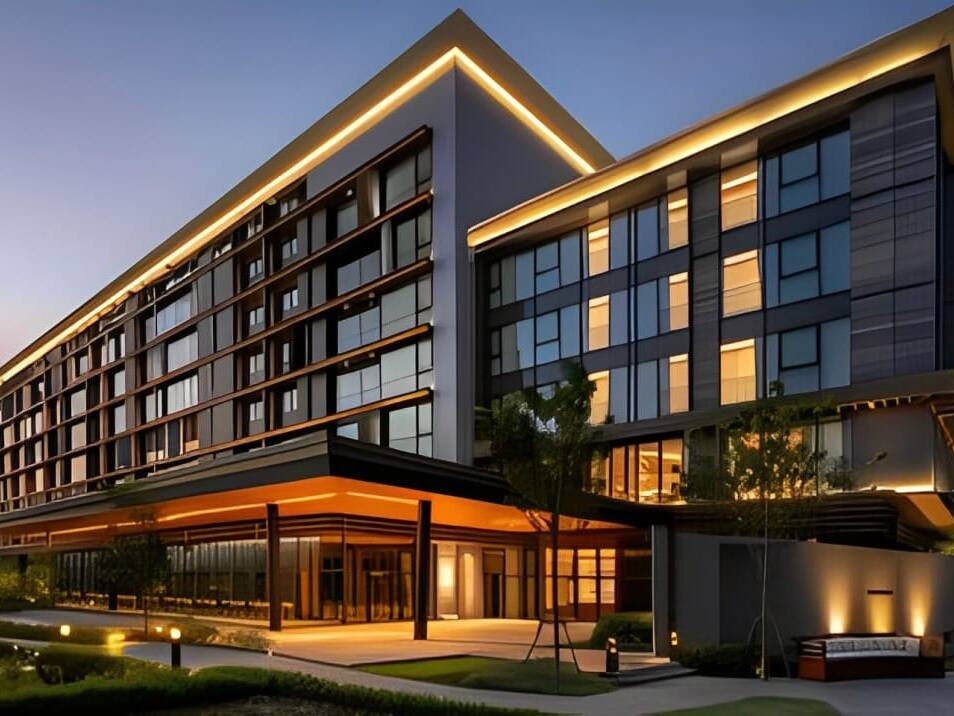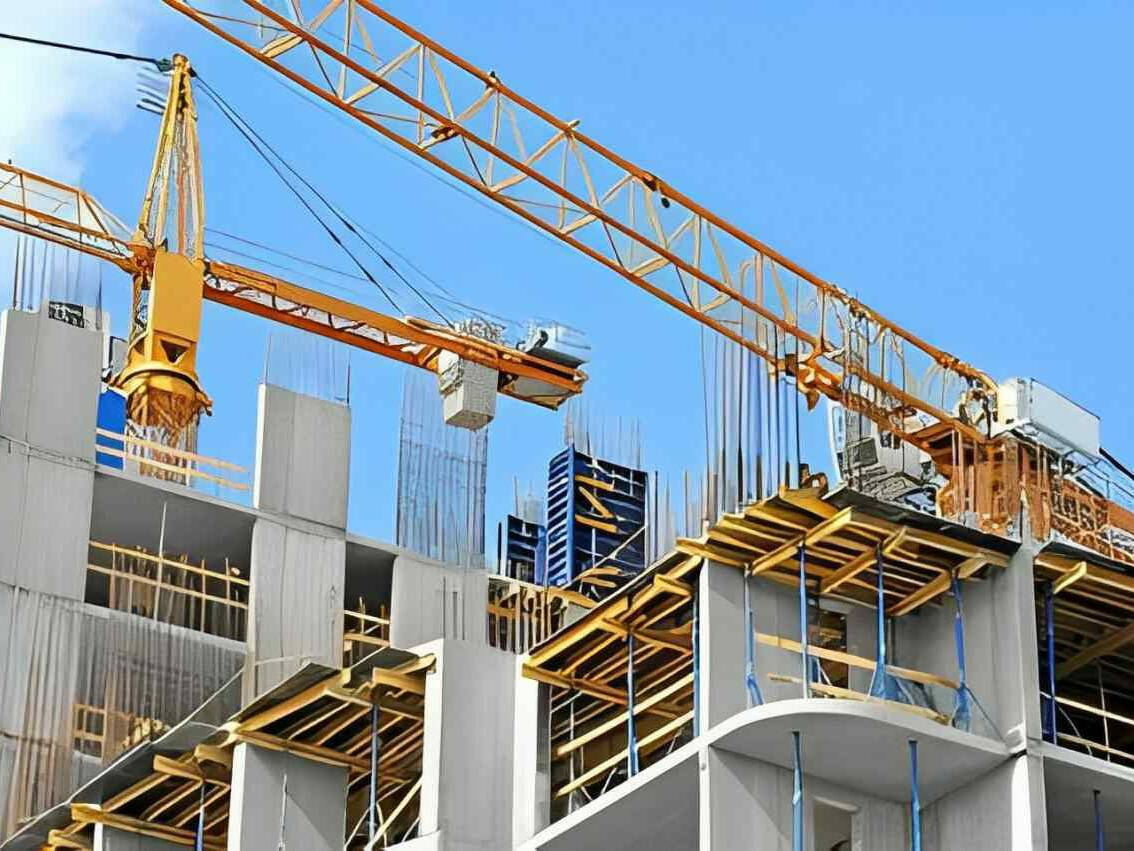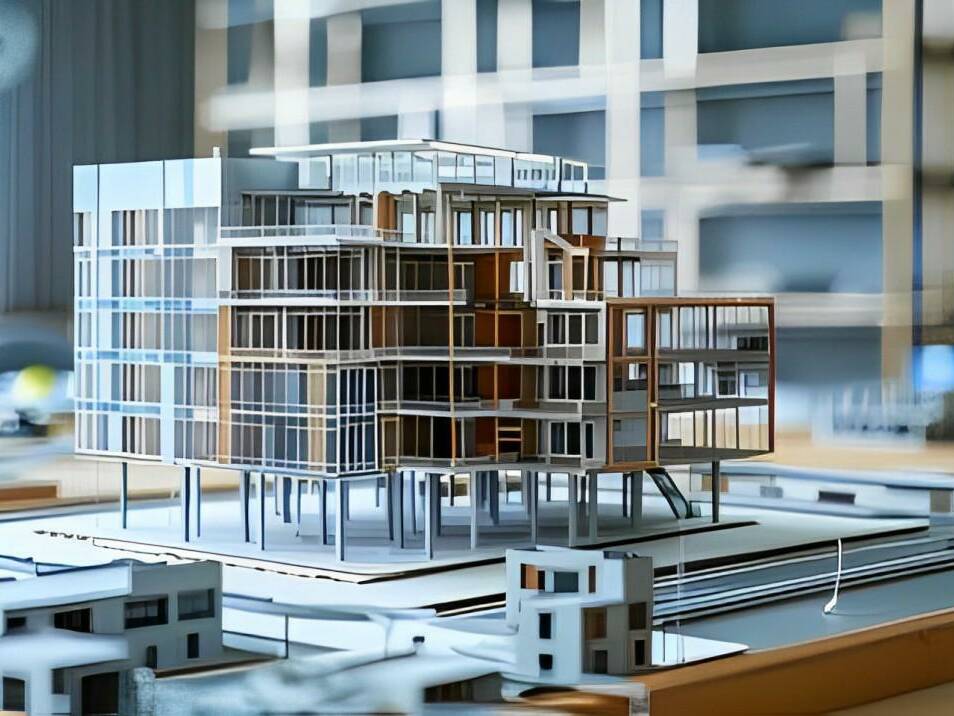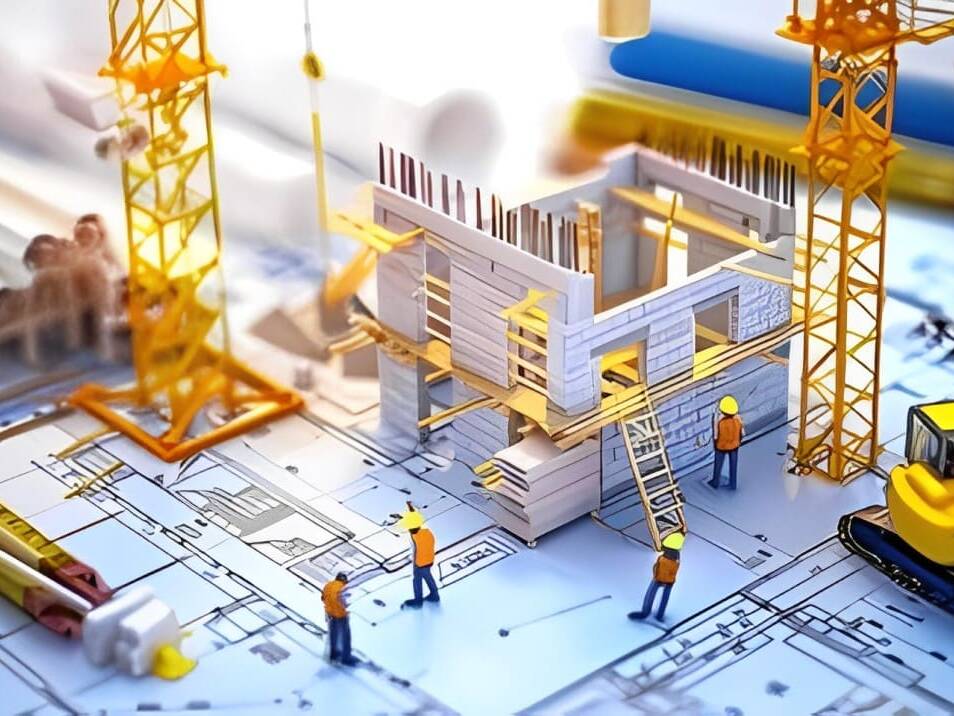Insights
Kenya Real Estate Prices that are likely to change in 2018, and how to position yourself as an Investor
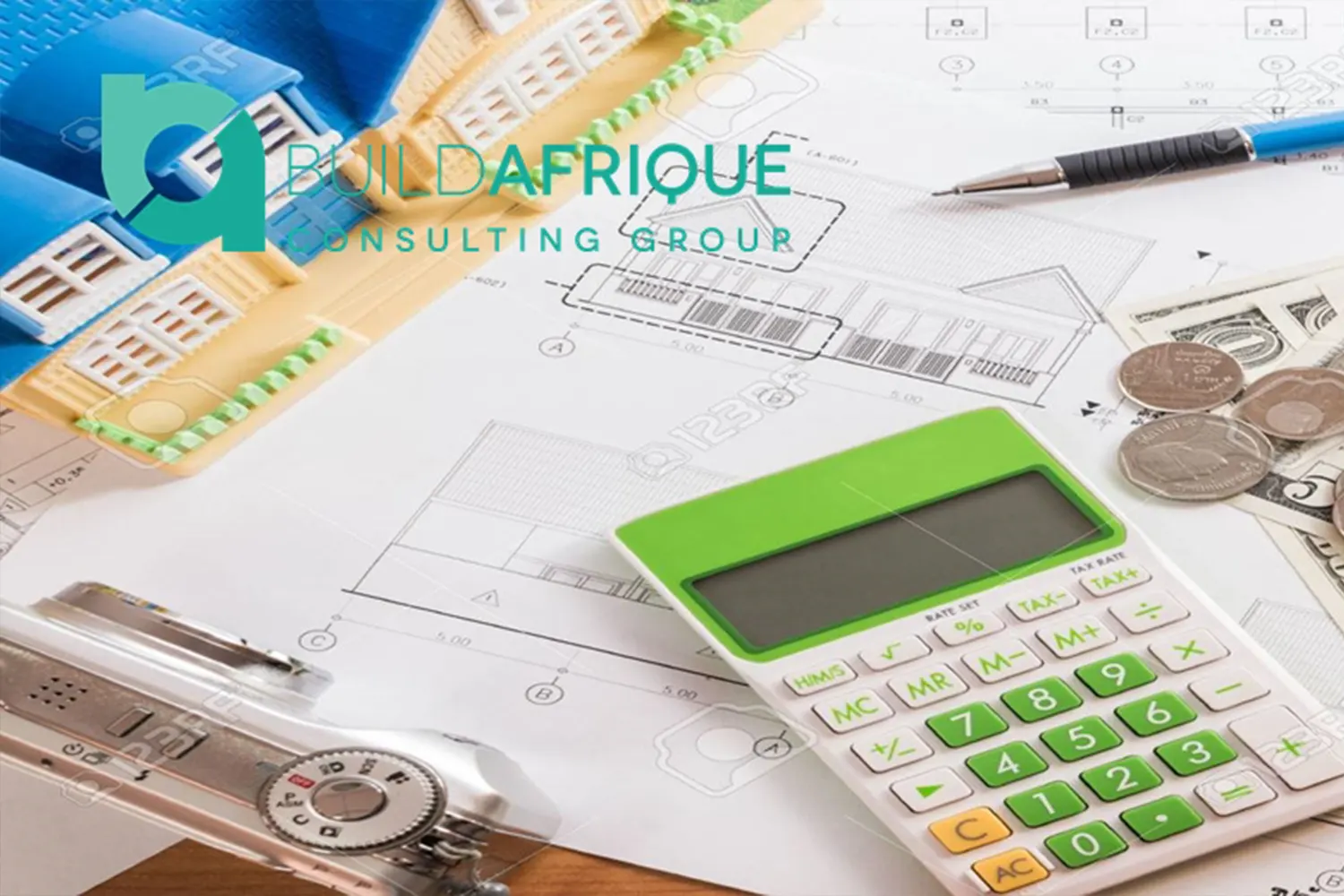
Kenya’s real estate sector has undergone tremendous changes in the past ten years. The ease of doing business in Kenya for both locals and international investors has been a major contributing factor. As more players join the sector in 2018, emphasis on sustainability and a new political regime embarks on fulfilling its pledges; these are the real estate prices that are likely to change.
Cost of Housing
Housing has become unaffordable in Kenya largely due to the widening housing and supply gap in the country. The chronic shortage is expected to get worse without the serious focus of the housing and finance for the average Kenyan. One of the major factors sabotaging the development of affordable housing is the old building code that is  yet to adapt to the current needs of the country such as the use of commonly available materials such as corals stones in construction. However, the government now looks determined to entirely discard the 1969 Kenya building codes that have outlived their usefulness in favor of the European construction guidelines. The new set of Euro codes will provide a common reference point for builders in the country to allow the use of locally available construction materials. Additionally, the adoption of new manufactured building technologies is expected to drive down the cost of housing when buying or renting. While cap rate and the subsequent credit crunch in the market was expected to drive down the cost of housing extensively, Kenya’s Bankers Association, in its latest Price Index, divulges that residential prices rose marginally by 0.68 percent the fourth quarter of 2017 compared to 0.42 percent the third quarter. Satellite towns including Mavoko, Kiambu, and Athi River performed better with buyers who would have otherwise preferred high-end homes in high-end residential estates being the most abundant buyers. This is an indication that resorting into cheaper building materials is one of the better ways to create affordable housing and the adoption by the government has been cited to be a factor that could spell doom for high-end property developers.
yet to adapt to the current needs of the country such as the use of commonly available materials such as corals stones in construction. However, the government now looks determined to entirely discard the 1969 Kenya building codes that have outlived their usefulness in favor of the European construction guidelines. The new set of Euro codes will provide a common reference point for builders in the country to allow the use of locally available construction materials. Additionally, the adoption of new manufactured building technologies is expected to drive down the cost of housing when buying or renting. While cap rate and the subsequent credit crunch in the market was expected to drive down the cost of housing extensively, Kenya’s Bankers Association, in its latest Price Index, divulges that residential prices rose marginally by 0.68 percent the fourth quarter of 2017 compared to 0.42 percent the third quarter. Satellite towns including Mavoko, Kiambu, and Athi River performed better with buyers who would have otherwise preferred high-end homes in high-end residential estates being the most abundant buyers. This is an indication that resorting into cheaper building materials is one of the better ways to create affordable housing and the adoption by the government has been cited to be a factor that could spell doom for high-end property developers.
Costs of leasing and buying Commercial Spaces
In the recent past, concerns have been mounting that the city could be wavering on the brink of a costly property collapse. Latest reports indicate that oversupply of commercial property for both purchasing and renting in Nairobi against low demand is forcing proprietors and landlords to cut prices to appeal to buyers. The move, which is leading to substantial losses while at the same time eroding the values of prime assets is raising questions on whether the property slump Kenyans have been warned about in the past is imminent. In the latest report by Hass Consult on the last quarter of 2017, there were significant drops in sales and rent returns compared to the previous year. The highest declines were reported in Kileleshwa, Westlands, Upperhill, and Lavington where they fell by 14, 10, 11, and 13 percent respectively.
The overall cost of housing has softened for buyers and tenants. This is owed to factors such as high inflation, tightened liquidity and the capping of interest rates. In residential housing, Real estate data vendor Data FinTech reported a 68.11 percent drop in town houses purchase and a 69.41 percent drop for apartments in November and December 2017. In commercial property, Hass Consult speculates that the lengthy glut in commercial spaces in Upperhill could hurt landowners and developers for a foreseeable future. To reduce the adverse effects associated with cheaper rental and selling prices of property, investors may need to be lax, offering flexible terms to tenants and buyers such as reducing lease terms from the minimum 5-year lease term for high end office blocks set in many high-end commercial offices in Nairobi. Additionally, conducting proper due diligence before investing in real estate will help influence a sound investment decision as the market adjusts in the next few years.
Construction Materials
a) Precast Concrete & Prefabricated Building Materials
Economic factors play a significant role in the choice of an apt building system. This, most notably has the effect on housing if a larger numbers of houses are built. In Kenya, the private and public sector is expected to invest heavily in low cost housing as from 2018 to cater for the high housing shortage in Kenya. To match the demand, three foreign companies have set up shop in the country to facilitate the construction of low cost houses by providing precast concrete materials and prefabricated building materials. The raw materials for manufacture will be sourced locally to reduce the reliance on importation while promoting sustainability for the industry. The mass production of precast and prefabricated building materials is expected to create economies of scale for manufacturing companies, whose lowered cost of production will be passed down to developers, which will significantly reduce the costs of building for investors.
b) Paint
The huge potential for growth in the paint and resin manufacturing in the construction industry has prompted the government of Kenya to amend the Excise duty act to promote the paint and resin manufacturing. The proposed  amendment will allow for compensation of excise duty paid on illuminating kerosene that is used in the making of paints and resin by registered industrial companies. This will reduce the cost of paint, allowing real estate developers to save. Investors, especially those developing mega projects are therefore expected to benefit from related economies of scale.
amendment will allow for compensation of excise duty paid on illuminating kerosene that is used in the making of paints and resin by registered industrial companies. This will reduce the cost of paint, allowing real estate developers to save. Investors, especially those developing mega projects are therefore expected to benefit from related economies of scale.
c) Cement
The cost of cement could significantly reduce through investment in counties with limestone deposits. The Delvi Group, Kajiado County, is one of the cement manufacturing companies expected to cut expenses on the importation of limestone, by mining its raw materials locally. The construction industry has expanded exponentially in recent decades with the backed support of the government through infrastructure development, which is expected to act as a major support infrastructure for the many companies setting up cements production factories in Kenya.
While the costs of cement per 50-kilogram bag has reduced in the last three years to an average Ksh 620 down form Ksh 750, Raval, the Delvi Group’s executive says that exploitation of limestone deposits will significantly reduce the cost of cement. The company plans to exploit the group’s Imbirukani ranch, for its National Cement thus reducing reliance on material imports which drive up the cost of production. According to the Kenya National Bureau of Statistics, by March 2016, consumption had increased by 33 percent to 1.4 million from 1.05 million. This is to mean that as more construction activities are expected in the built sector, the prices of cement are expected to soften further as supply meets demand.
Many factors are bound to affect the real estate market in 2018. The sector, as the general economy, is expected to grow. And as more developers gain entry into the market, investors need to be on the lookout for declining prices that may affect their investments, declining prices that will allow them to make savings thereby maximizing returns on investments, and available incentives as the government attempts to promote investment in housing.
This article is written by Buildafrique Consulting Group; a Kenya Real Estate Consultant and Development Solutions provider that offers End-to-End Financial, Development Management, and Investments Solutions in Real Estate, to allow Developer, Investors, and prospective Home Owners manage risks and realize value for their investments in a fast evolving Real Estate market.
Contact Us today for Solutions to your Challenge in Real Estate Investments and Project Development:
- Email: [email protected]
- Tel: +254 722 474285 / + 254 20 8058493
- Website: www.buildafrique.com
Related
Insights
Hotel And Hospitality Investment Feasibility Studies Experts In Kenya
Buildafrique is a Hotel and Hospitality Investment Feasibility Studies Expert in Nairobi…
Integrated Construction Services Solutions Company In Kenya
Buildafrique is an Integrated Construction Services Solutions Company in Kenya and a…
Investment Project Finance and Real Estate Financing Options Company In Kenya.
Buildafrique is a Real Estate Finance and Project Financing Options Company in Kenya and…
Project Finance Feasibility Studies Consultant Company In Kenya
Buildafrique is a Kenya Project Finance Feasibility Studies Consultant Company and Market…
Real Estate Development Feasibility Studies Expert Company In Kenya
Buildafrique are Real Estate Development Feasibility Studies Experts in Kenya and a…

